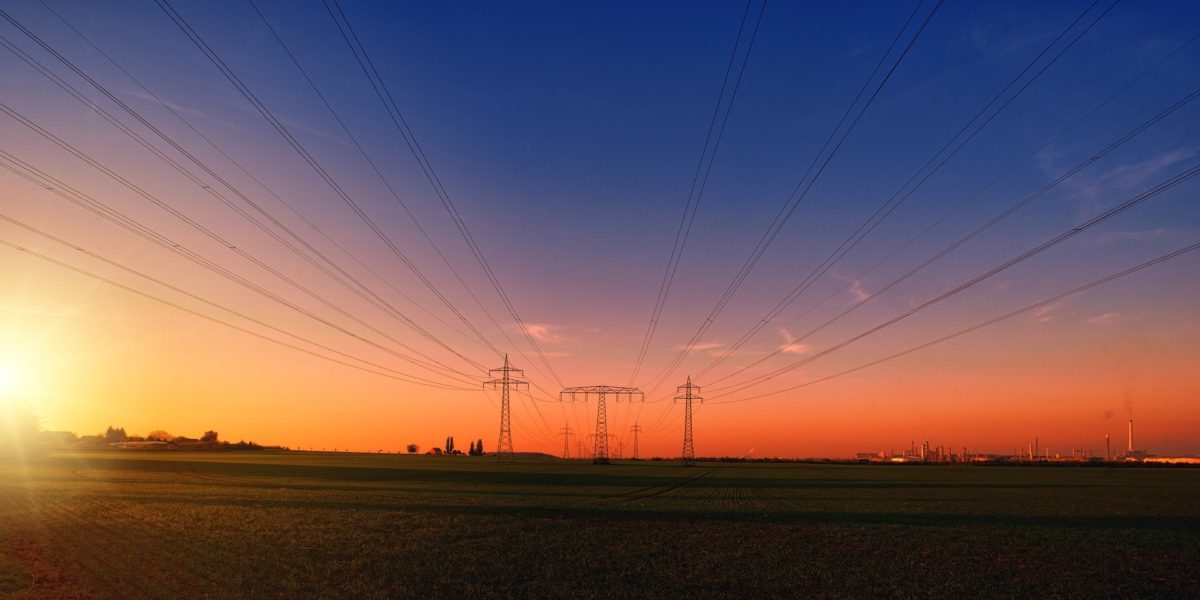China and the European Union recently signed the Comprehensive Agreement on Investment (CAI), which will give EU companies more access to the Chinese market. Please describe the access that EU companies had to the Chinese market before the deal – was it impossible to get market share?
Prior to signing the CAI, European companies either teamed up with local Chinese partners or set up their own 100% subsidiaries. Their engagement covered a wide range along both the upstream and downstream sectors of the renewable market – as a manufacturer, service provider, or project developer.
The deal sets out clear rules for Chinese state-owned enterprises, the transparency of subsidies, forced technology transfers, and other distortive practices. Which provisions are really creating conditions for a more level playing field in China?
Transparency in all aspects, regarding the announcement of new policies, administrative regulations, access to and the mobilization of local financing, the allocation of subsidies, the removal of provisions designed to ensure that the local Chinese partner will be the majority stakeholder, just to name a few.

Image: AECEA
The Chinese energy market is still dominated by large state-owned entities (SOEs) – how can European companies compete in this environment?
True, large SOEs dominate the downstream energy market, whereas the upstream sector is rather dominated by privately owned Chinese companies, particularly as far as the solar PV market is concerned. Given the size of these SOEs, it is undeniably challenging for European companies to compete on the same level. However, not impossible either – EU companies may not develop gigawatt-size projects, but can choose to develop smaller-scale projects instead. On the contrary, I assume, transmission and distribution of power via the national grid will not be an option for foreign companies … due to reasons of national security. Where solar manufacturing is concerned, currently I can’t imagine a single European company being in the position to compete with countless double-digit-gigawatt factories in China.
Is it possible that big European players and utilities may build, own, and operate energy assets in China in the near future? Would a similar development only be possible if these big companies seek Chinese partners?
Yes, we have seen companies like Total, Engie or Siemens being active in the downstream sector – usually through local partnerships. However, once EU companies have gained sufficient on-the-ground experience, they may decide to move on without a local partner in future.
Will there be a real chance for EU-based companies to gain market share in the PV sector? In which market segments is this most likely to happen?
Provided EU companies have an appetite for gaining a foothold in the Chinese solar PV market, I would reckon that the commercial and industrial rooftop segment might be the most promising, because this to date is a largely untapped segment. However, to put this into perspective, at the beginning of 2021, China was home to approximately 320,000 companies operating in the entire solar sector. And last year alone, another 58,000 companies were registered, up 22% year on year. Last year, out of in total 10.1 GW, approximately 4.57 GW of residential PV systems were installed in the province of Shandong alone. So it does not surprise that approximately up to 48,000 new companies were registered in the same province. Hence, in my view, the residential PV segment shouldn’t be the first choice of EU companies when considering the Chinese solar PV market.
Government procurement and subsidies are not covered by the deal. Does this mean that only Chinese companies will continue to win auctions and tenders for large-scale and small-sized solar?
(This year) shall be the first year that China's solar PV market enters a subsidy-free era – at least, as far as the ground-mounted and C&I rooftop segments are concerned. Hence, subsidies shall no longer be relevant in future – competition is being determined by the market. Auctions, often solely conducted by governmental entities on both the national and provincial levels, are open to locally registered companies, regardless of ownership. Tenders seeking the procurement of modules and inverters in particular are increasingly offered by large SOEs themselves. They are also open to locally registered companies, regardless of local or foreign ownership.
Could European PV products be installed in large-scale projects or rooftop arrays in China? Do you believe EU brands and technologies could become attractive for Chinese consumers, even though Chinese products are good in terms of quality?
If “Made in the EU” products would be competitive, yes. But is this realistic if one just takes the duration and costs incurred for transportation into account? True, you may have international companies based in China that prefer so-called “green labeled low-carbon footprint” products. Under such conditions, this might be an option.
Which kinds of products might be preferred?
Currently, EU solar manufacturing equipment is still in demand. And being closer to their customers, to manufacture such equipment in China, might prove to be more advantageous.
Will this agreement also increase chances for Chinese companies to operate in the EU energy market? If it is true that Chinese PV products dominate in the European market, it is also true that there are not too many energy assets owned by Chinese players in Europe. If we look at recent PV tenders in France, Germany, Spain or Italy, the winners are mostly domestic EPCs and developers.
Over the course of the last 10 years, Chinese PV manufacturers managed to establish themselves as the No. 1 suppliers in the European PV market. However, during the past one to two years, I witnessed a growing interest among Chinese companies to consider either acquiring operational assets or developing projects in certain European PV markets as well. Their interest and appetite appear to grow in this regard. However, in the future, I assume that EU tenders will mostly be won by EU players, and vice versa in China.
China and the EU have agreed to support high-level protection of the environment and labor rights. Many in Europe have strongly criticized the deal because they say it will help China maintain the status quo. But others claim these kinds of agreement will bring China closer to Western standards. Which is your opinion?
Above all, it’s commendable that such issues are explicitly addressed by the CAI. The devil will be in the details, as always. That means how relevant regulations and laws will be implemented, enforced, or eventually harmonized remains to be seen in the years to come.
This content is protected by copyright and may not be reused. If you want to cooperate with us and would like to reuse some of our content, please contact: editors@pv-magazine.com.




1 comment
By submitting this form you agree to pv magazine using your data for the purposes of publishing your comment.
Your personal data will only be disclosed or otherwise transmitted to third parties for the purposes of spam filtering or if this is necessary for technical maintenance of the website. Any other transfer to third parties will not take place unless this is justified on the basis of applicable data protection regulations or if pv magazine is legally obliged to do so.
You may revoke this consent at any time with effect for the future, in which case your personal data will be deleted immediately. Otherwise, your data will be deleted if pv magazine has processed your request or the purpose of data storage is fulfilled.
Further information on data privacy can be found in our Data Protection Policy.